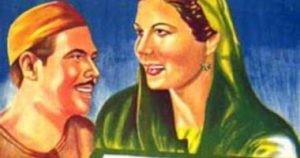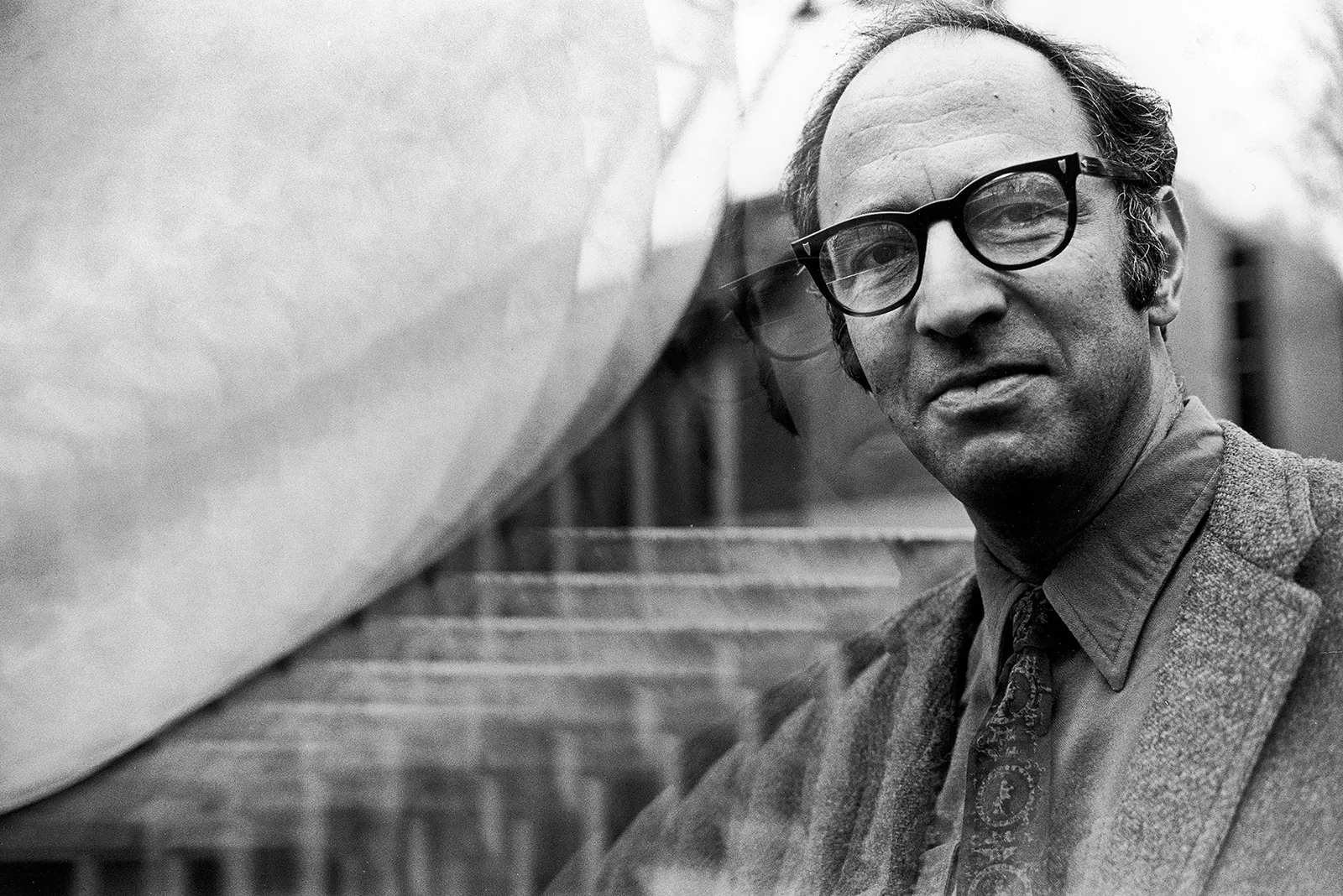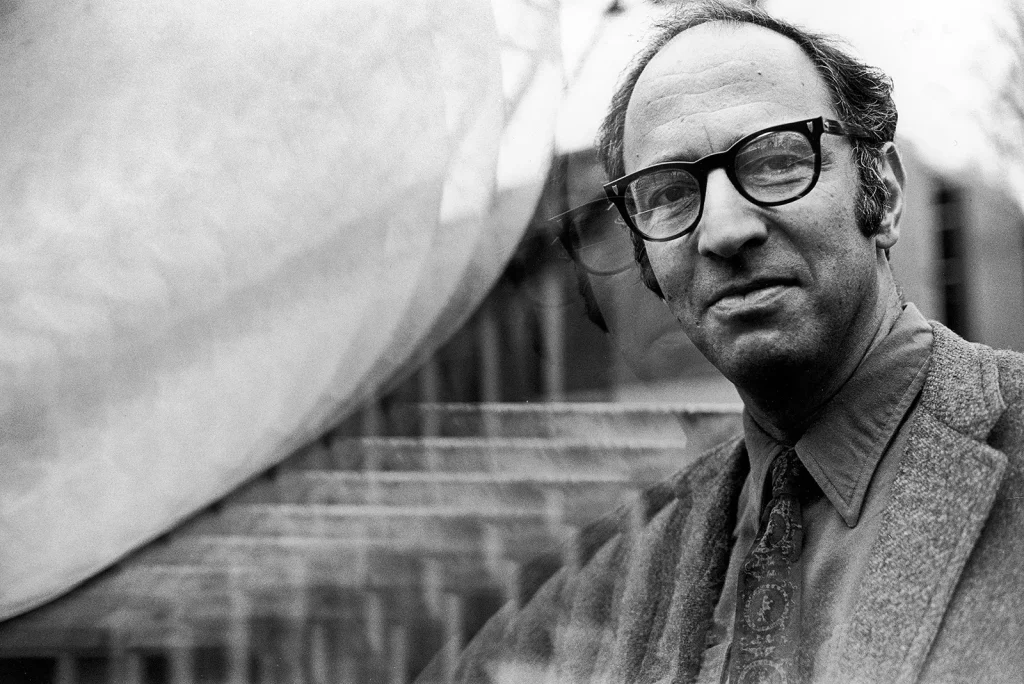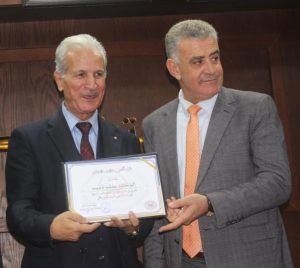كنتُ أسكن في مدينة كولومبوس، وسط ولاية أوهايو، مدينةٌ تُغريك بالبقاء، وبلا ضجيجٍ يُرغِمك على الرحيل. ومع ذلك، كنتُ كثيرًا ما أُسافر إلى سينسيناتي، مدينةٌ لا تحمل من البهاء ما يُثير الحنين، لكنها كانت، لسببٍ لا أدريه، قريبة من وجداني… كأنها تُشبه غرفةً في الذاكرة لم أدخلها يومًا، ومع ذلك أعرفها تمامًا.
في مساءٍ خريفيّ، خافت الضوء، صامت الهواء، كنتُ أعبر الطرق الطويلة نحو سينسيناتي، بينما تتسلّل المسافات إلى روحي كما لو كانت ذكريات من حياةٍ لم أعِشها بعد. لم أكن ذاهبًا بحثًا عن شيءٍ بعينه، لكنّ لوحة المدينة على جانب الطريق نبّهت شيئًا في داخلي — ذلك النوع من التنبيه الذي لا يُشرح، بل يُحَسّ… كما لو أنك تقترب من موعدٍ قديم مع جزءٍ نائمٍ من نفسك.
في هذه المدينة وُلد، عام 1922، الفيلسوف والعالِم توماس كون. لم يغيّر العالم بمعناه المادي… لكنه غيّر الطريقة التي نُبصر بها العالم. هو مَن صاغ مفهوم “البرادايم”، الإطار الخفيّ الذي يشكّل رؤيتنا، ويحكم تأويلنا للأشياء.
وسمِّ هذا الإطار ما شئت: نظّارة، خريطة، زاوية، عدسة… لكنه في جوهره يعني ما لدى الإنسان من تراكماتٍ: خبراتٌ، ومعلومات، ومعتقدات، تتكوَّن بمرور التعليم، وبتكرار التجربة، وباحتكاك القلب بالحياة.
البرادايم هو ذلك المخزون الذهني والوجداني الذي يختزن فيه الإنسان تفسيراته، وبه يُقرّر كيف يرى، وكيف يفهم، وكيف يتعامل.
كلُّ موقفٍ نمرُّ به، وكلُّ مشهدٍ نُشاهده، لا نراه كما هو… بل كما تُجيزه العدسة الخفيّة التي نحملها في داخلنا.
توقّفتُ عند أطراف المدينة، لا رغبةً في اكتشافها، بل لأنني شعرت أن المعنى نفسه يسكن هناك، ينتظر من يُلقي عليه التحية. نزلتُ في فندقٍ بسيط، ذي نافذةٍ تطلّ على شارعٍ طويل بدا كأنّه شريانٌ سرّي للمدينة. جلستُ أمام الزجاج، وأشعلتُ ضوءًا خافتًا، ثم أخرجتُ دفتري العتيق من حقيبتي، ذلك الدفتر الذي أكتب فيه حين تضيق اللغة، وحين تتّسع الأسئلة.
في الصفحة الأولى، وجدتُ جملةً كنتُ قد كتبتُها منذ سنوات:
“العالَم لا يُرى كما هو، بل كما نحن عليه.”
ظننتُ يومًا أنني فهمتُ معناها، لكنها — مثل كلّ فكرةٍ حقيقية — كانت تنمو في داخلي بصمت، وتنتظر لحظة الرؤية.
وكلّما حاولتُ الفرار منها، عادت لتهمس لي من خلف الأحداث.
رفعتُ رأسي. كانت المدينة تخفّف من أضوائها، كأنها تتأهّب للنوم. أما النوافذ البعيدة، فظلت تومض كذاكرةٍ لا تستريح… تومض لا لتكشف، بل لتدلّ على ما لا يُقال.
قلتُ لنفسي بصوتٍ بالكاد يُسمع:
البرادايم ليس معلومةً في كتاب…
بل هو الطريقة التي نُعيد بها تأويل كلّ ما نعرف.
هو الكائن الذي نسكنه، بينما نظنّ أننا نرى العالم كما هو.
هو القالب الذي نصوغ فيه معانينا، ونُعيد من خلاله ترتيب الحياة.
أطفأتُ الضوء، وعُدتُ إلى السرير. كانت المدينة هادئةً كما لو أنها تُنصت لفكرتي الأخيرة.
قلتُ في داخلي:
ربّما لا تتبدّل الحياة كثيرًا…
لكننا، إن بدّلنا نظّارة العقل،
قد نراها — للمرّة الأولى — كما لم نرها من قبل.














Recommended for you
مدينة المعارض تنجز نحو 80% من استعداداتها لانطلاق معرض دمشق الدولي
طالب الرفاعى يؤرخ لتراث الفن الكويتى فى "دوخى.. تقاسيم الصَبا"
تقديم طلبات القبول الموحد الثلاثاء و640 طالبا سيتم قبولهم في الطب
البريد المصري: لدينا أكثر من 10 ملايين عميل في حساب التوفير.. ونوفر عوائد يومية وشهرية وسنوية
سمو الشيخ عيسى بن سلمان بن حمد آل خليفة يستقبل سفير الولايات المتحدة الأمريكية لدى مملكة البحرين
الجغبير: القطاع الصناعي يقود النمو الاقتصادي